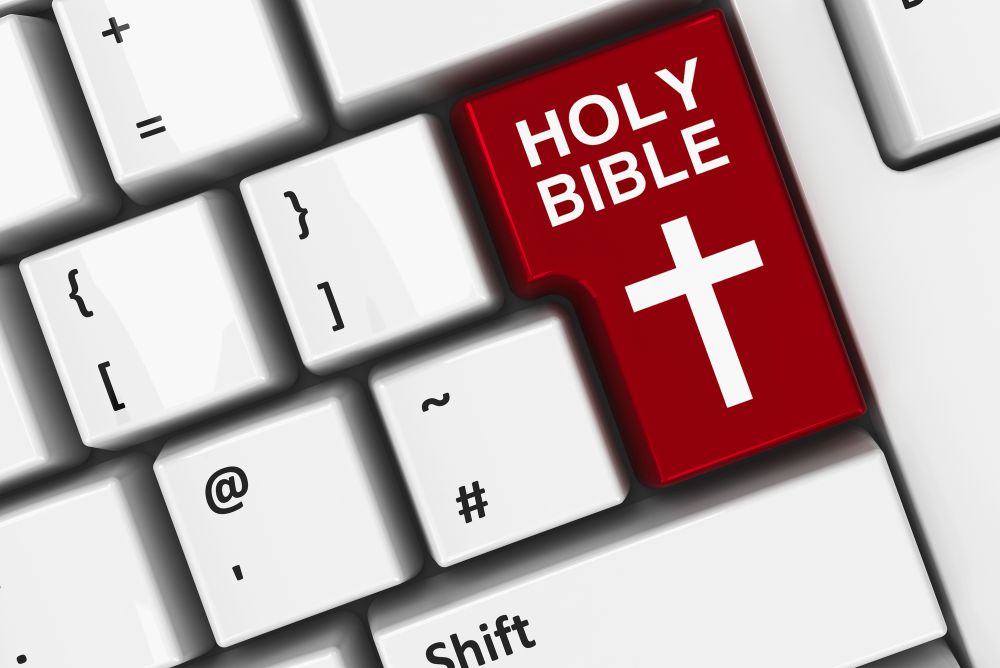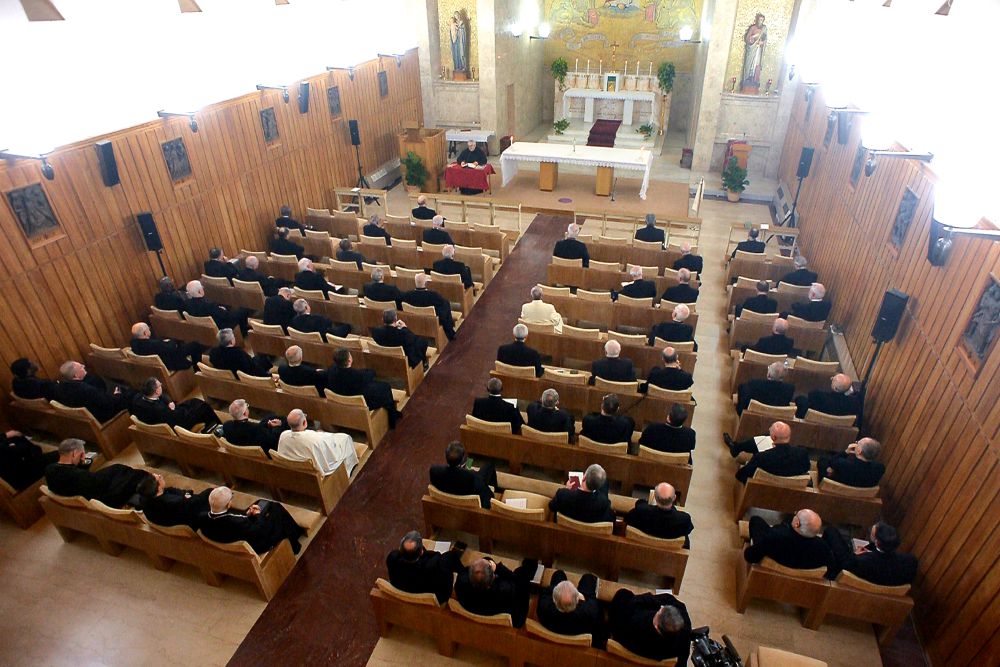
(Dreamstime/Oakozhan)
During the last two decades, with the rise of widespread access to the Internet and the proliferation of search engines like Google and medical-information websites like WebMD, there has been an increasing trend of self-diagnosis by patients. One of the major — if under-recognized or appreciated — negative consequences is the false sense of confidence that accompanies those who have access to vast amounts of information, but who have little or no context, appropriate tools, or professional expertise to interpret or understand it accurately.
As the social psychologist Aleks Krotoski wrote in The Guardian eight years ago, "There is no doubt that the wealth of health information online has contributed to a more informed public, but this is an area in which I believe the expertise of the professional should not be undermined by the leveling power of the web." Access to information, even sometimes the same primary resources professionals consult, does not equal informed knowledge or correct interpretation. We still need medical doctors, registered nurses, physician assistants, and all the trained and credentialed technicians necessary to sort through the information in a manner befitting the circumstances.
But it's not just the medical field that has experienced this sort of phenomenon. In writing about how the Internet has affected the general public's approach to the natural sciences, Danielle Smiley wrote on Medium: "But here comes the problem; this constant access to information tends to make people think they are experts in whatever they Googled that day." She continues, "I refer to them as 'armchair scientists' — people who read a few popular science or journal articles written by a questionable source and then use this to form (and publicly spew) an opinion about a topic."
The "hard sciences" are a domain that intimidates most people outside academic or medical guilds such that few are willing to claim they are actually as competent as the professional experts, even with the advent of vast online information, particularly when someone's life or health is on the line. But this is clearly not the case with those who feel they can read a catechism online or find a digital version of Thomas Aquinas' Summa Theologica or explore the canons of the Council of Trent with an electronic search feature. Just as there are "armchair physicians" and "armchair scientists," there are innumerable "armchair theologians" online and it's a real problem for the church.
In an essay published in the 2012 collection When the Magisterium Intervenes: The Magisterium and Theologians in Today's Church, Villanova University theologian Anthony Godzieba raises some key questions about church teaching that surface in an age of "digital immediacy." He asks: "does this 'digital immediacy' influence the reception of these statements which in turn shapes the statements' truth-value and their influence on the development of the Roman Catholic tradition, the reality of communion, and the very character of 'teaching authority?' "
Advertisement
The short answer is: yes. The longer answer is that this shifting context and increased availability of resources online has affected perception and interpretation of church teaching. Non-experts can feel empowered by a false-sense of democratized information, as if they were not in need of a "middle person" to make sense of church's official teaching. They can go right to the perceived "source," which the average person believes to be the pope who stands at the top of a centralized system of leadership or at least the trove of texts readily accessible online.
But that is not exactly how church teaching works. The pope is not analogous to the CEO of a company who singularly speaks for the corporation nor the sole arbiter of church teaching. Teaching authority is exercised in several ways and by several sources — by the pope, local bishops, ecumenical councils, as well as bishops' conferences. Magisterial teaching and texts are not all of the same weight, nor are the meanings or implications of these teachings immediately clear without a professional grasp of church and conciliar history, the hierarchy of truths, various forms and conditions of the exercise of ordinary (and, rarely, extraordinary) magisterium, norms of Catholic moral theology, and numerous other principles necessary for authentic evaluation. Professional theologians and ethicists, many of whom are lay women and men, have spent years studying and teaching in their fields. They are needed to help people — both lay and ordained — understand what it is we say we believe.
Like the self-diagnosing armchair physicians who rely on web searches to justify their amateur evaluations, there are myriad Catholics who turn to the Internet and respond to material they happen upon instantly, without any awareness of the complex hermeneutical factors that must be considered when in engaging in such analysis. Furthermore, technical theological and philosophical terms, including words often used differently in popular parlance, are often not understood properly in a theological context. Perhaps because everyone who is a Christian has a presumed vested interest in the faith, there is a misplaced belief that the personal nature of Christianity or the practice of faith gives everyone equal weight in the conversation. This is especially true among the ordained, who certainly have some basic training in theology but are not professional theologians.

Pope Francis, in middle in white, listens with other cardinals and bishops as Servite Father Ermes Ronchi, an Italian theologian, delivers his meditation during a weeklong Lenten retreat in Ariccia, Italy, March 7, 2016. (CNS photo/L'Osservatore Romano)
As social media platforms, blogs, YouTube channels and other means of public distribution of ideas and commentary have increased, there is a proliferation not only of official church documents and historical texts online, but also a wide range of perspectives that are not of equal value. In an age of hugely popular "Catholic" websites, television and other forms of communication, many armchair theologians don't know how and that they should distinguish between an online personality's view on something and Pope Francis' latest apostolic exhortation; between the local pastor's blog post and a theology professor's academic or popular article; between Gaudium et Spes and the U.S. bishops' conference's latest voting guide. There are real dangers here.
As with the consumption of political coverage, Catholics will gravitate toward outlets and interpretations that suit their taste and confirm their existing worldview. Additionally, inaccurate or misrepresentative interpretations of church teaching have been weaponized and used to attack those with whom one disagrees, as is already disturbingly common online. When called out for their inaccuracy or baseless claims about tradition or church teaching, such armchair theologians accuse the professionals of "elitism," stating that individuals do not need doctorates or to be professionals to know the teaching.
On the one hand, that is true. I wrote in my last column that the Holy Spirit is present throughout the whole church. And there are some very intelligent autodidacts out there who take the time to read good theological resources and learn how to understand complex theological and ethical teachings.
But on the other hand, I don't think I would want to go to a self-taught or "armchair cardiologist" the next time I need open-heart surgery. It's not a matter of elitism, but of a professional commitment to truth and accuracy that is not mere opinion or conjecture. In an age when bad information is widely available and even some Catholic universities are eliminating theology departments, the spiritual and emotional harm will only increase if we don't work together to better address this problem. It can begin with our religious education programs and Catholic school curricula, which ought not simply teach people to regurgitate catechetical propositions but to recognize that the faith tradition is rich and complex, and that not all sources purporting to be "Catholic" are accurate or trustworthy.
But it can't stop there. Those primarily responsible for pastoral leadership and teaching in the church — our bishops — ought to be clear about the importance of and rely more on professional theologians for their own understanding (there's a reason bishops bring periti to ecumenical councils). From there we can work to diminish the effects of pastoral malpractice arising from the proliferation of armchair theologians by recognizing the necessity and importance of the role of professional theologians in the everyday life of the church.
[Daniel P. Horan is a Franciscan friar and assistant professor of systematic theology and spirituality at Catholic Theological Union in Chicago. Follow him on Twitter: @DanHoranOFM]
Editor's note: We can send you an email alert every time a Faith Seeking Understanding column is posted to NCRonline.org. Go to this page and follow directions: Email alert sign-up.








